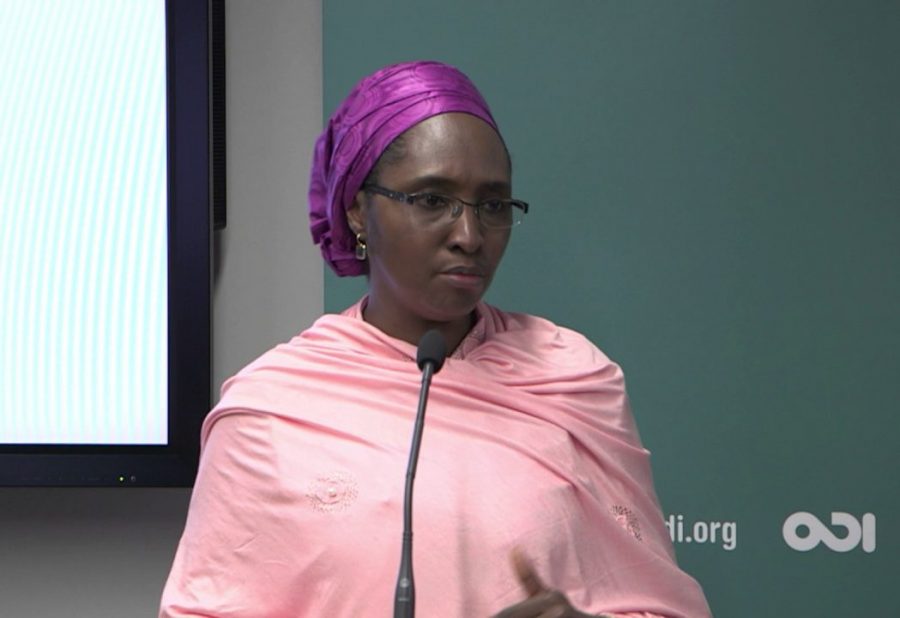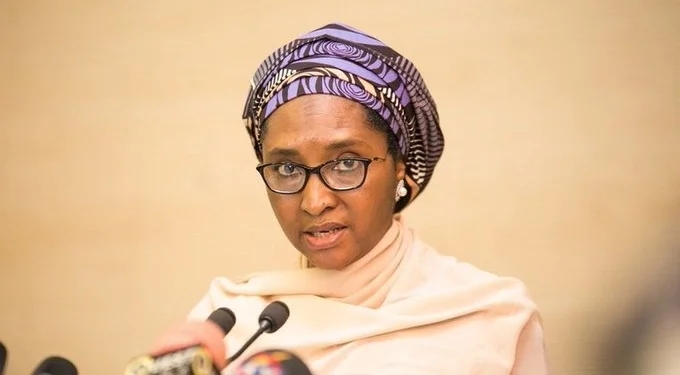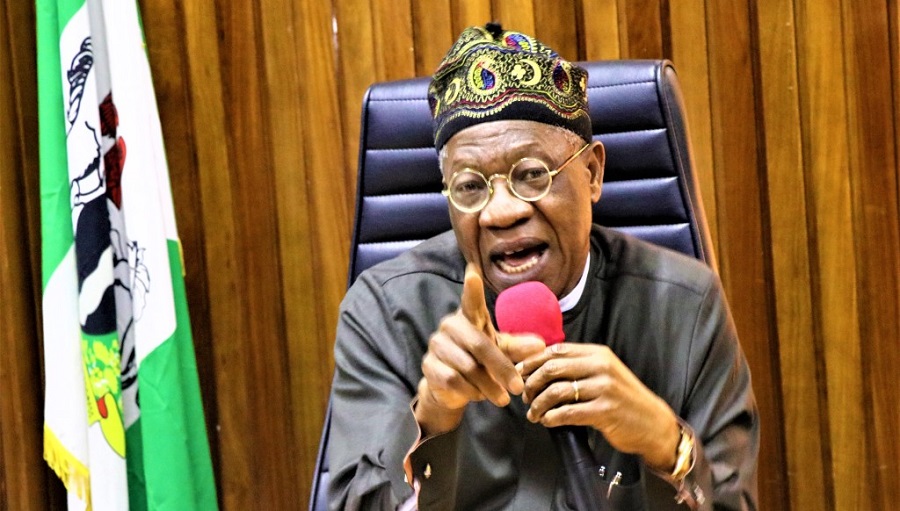The Federal Government has responded to the recommendation of the International Monetary Fund (IMF) that the subsidy on premium motor spirit (otherwise known as fuel) should be removed.
While reacting to the suggestion, the Finance Minister, Zainab Ahmed, said there’s no alternative to prompt such action from the Federal Government. She, however, acknowledged the advice as reasonable.
READ MORE: IMF wants Nigeria to cut tax exemptions and incentives
The Managing Director of IMF, Christine Lagarde, had stated that fuel subsidy removal is important due to the low contribution of tax revenue to Gross Domestic Product (GDP). She added that if fuel subsidy is removed, the funds could be diverted to health, education, and infrastructure.
Both Lagarde and Ahmed made their comments during the International Monetary Fund/World Bank annual spring meetings in Washington DC, United States. Lagarde and Ahmed both held separate press conferences.
READ MORE: IMF warns about China’s loan terms, as Nigeria’s ‘romance’ with Asian country deepens
Ahmed said Nigeria will not be removing the subsidy due to lack of alternatives that could cushion the effect on Nigerians. She added that there will be discussion with various groups before such decision is made.
“There is no imminent plan to remove fuel subsidy. We are here to discuss with the global community on various policy issues.
“One of the issues that always come up in the report, especially by the IMF as a corporate body is how we handle fuel subsidies. IMF is saying fuel subsidies are better removed so that you can use the resources for other important sectors.
“In principle that is a fact. But in Nigeria, we don’t have plans to remove fuel subsidy at this time because we have not yet designed buffers that can enable us remove fuel subsidy and provide cushions for our people. So there is no plan to remove fuel subsidy.
“We will be discussing with various groups . If we have to, what are the alternatives? We have not yet found viable alternatives . So we are not yet at the point of removing fuel subsidy.”
Meanwhile, Nigeria has countered IMF’s position of the country’s capacity to repay N24.39 trillion debt
The Nigerian Government countered IMF statement, saying the nation’s debt burden is sustainable, adding that the debt burden will have no negative impact on Nigeria’s economy.
Recall that Nigeria’s ability to repay its N24.39 trillion debt is in question after the International Monetary Fund (IMF) expressed concern about the rollover risks, arguing Nigeria’s capacity to refinance might drop in the future.
READ MORE: Nigeria’s External Reserves and SWF: Why IMF cannot be ignored




















